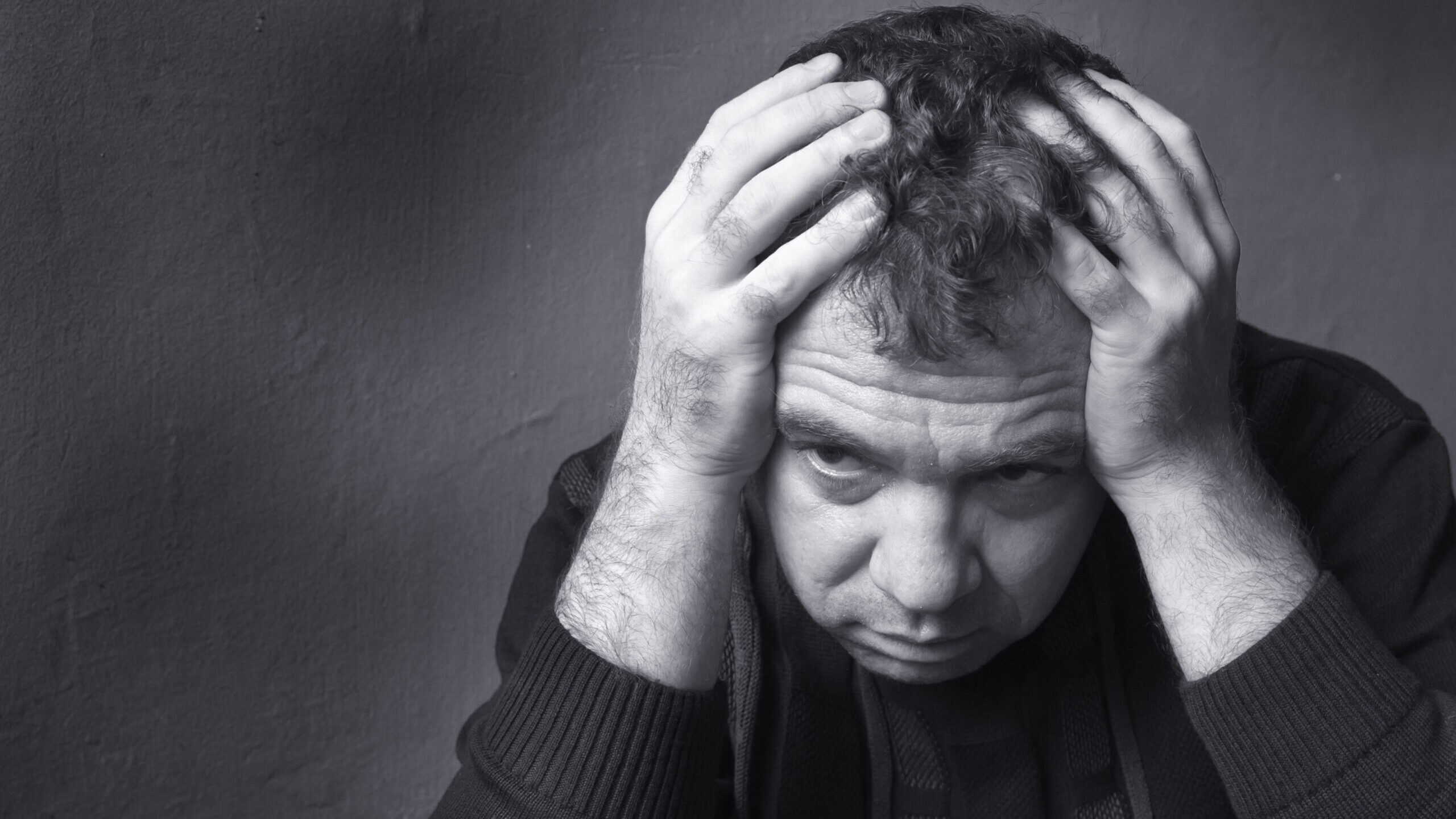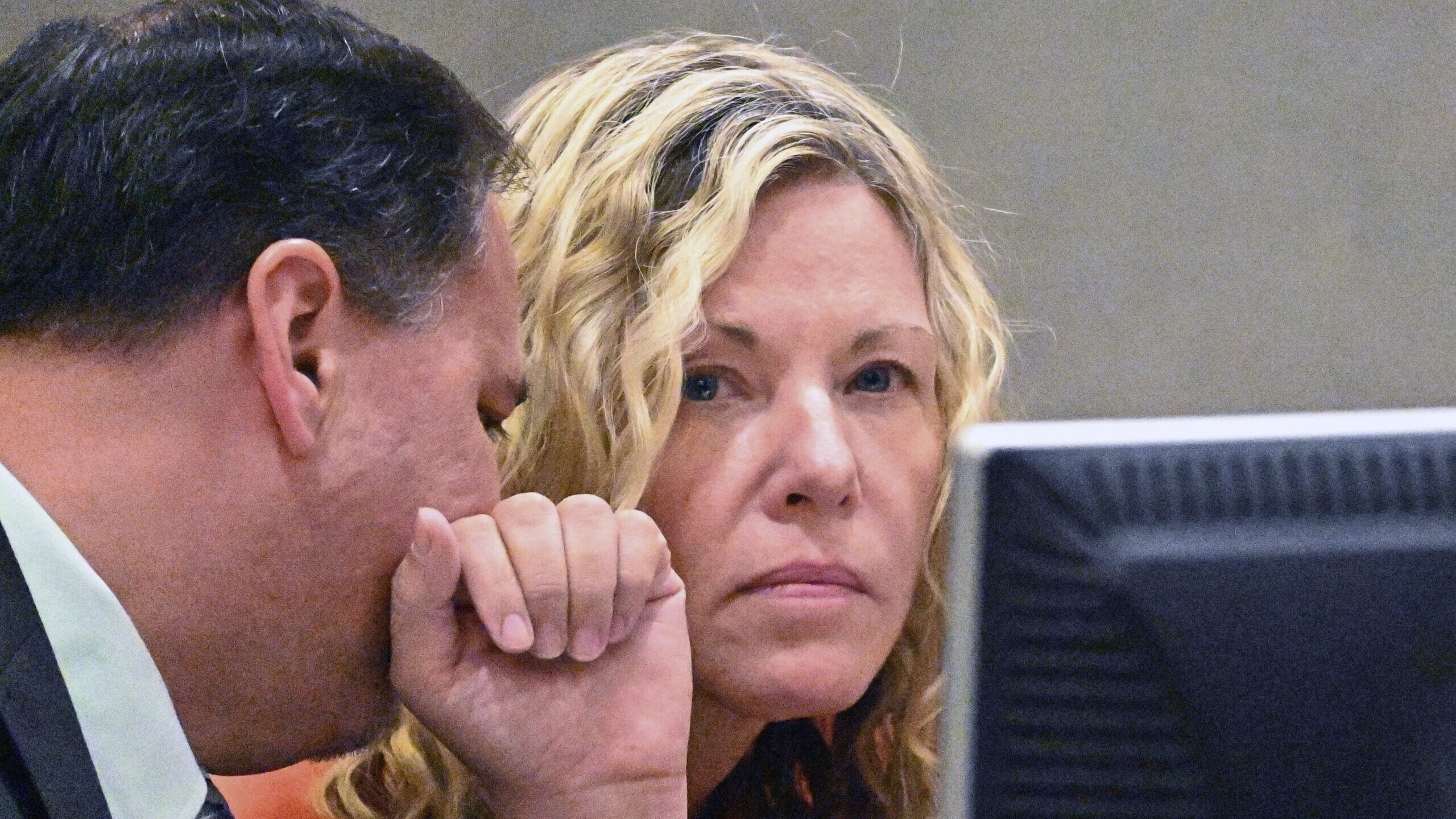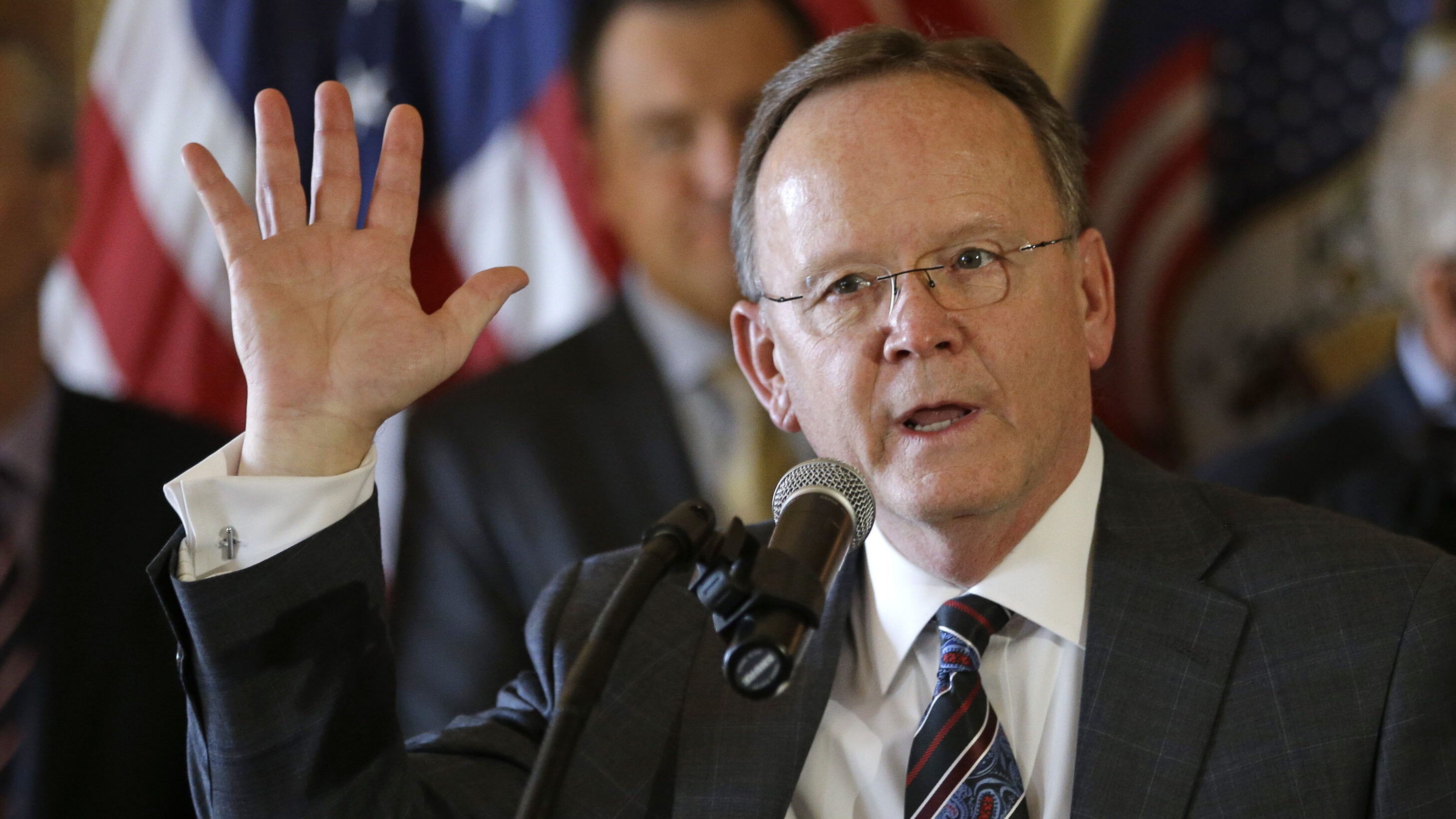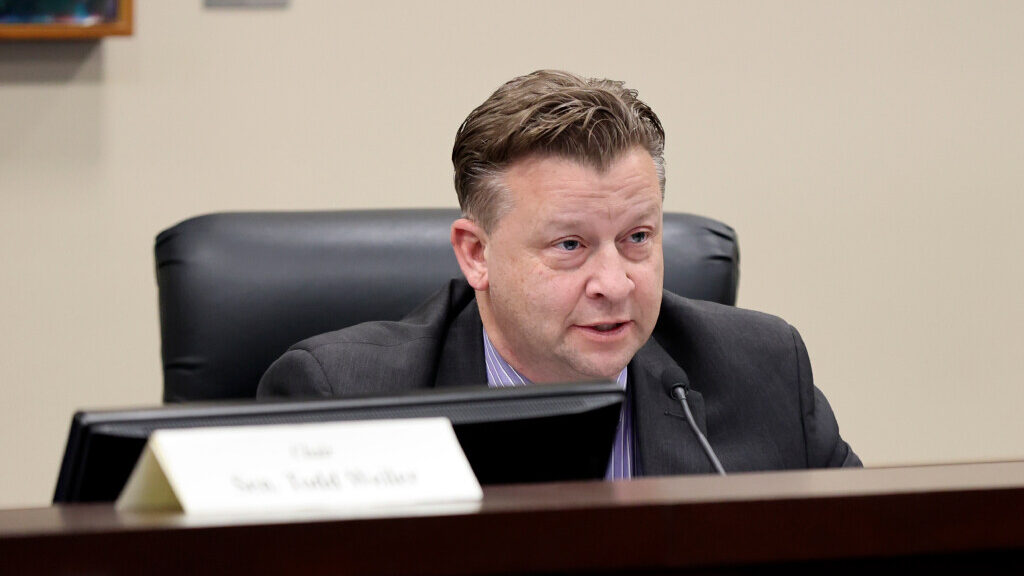KSL AT NIGHT
Experts say loneliness is now a public health epidemic
May 5, 2023, 8:30 PM

The U.S. Surgeon General announced this week that loneliness is a genuine health risk. shutterstock
SALT LAKE CITY — Most people are all too familiar with the feeling of loneliness. Earlier this week, the U.S. Surgeon General Dr. Vivek Murthy declared that loneliness is now a public health epidemic.
Dr. Julianne Holt-Lunstad, a professor of psychology and neuroscience at Brigham Young University, joined KSL at Night with hosts Leah Murray and Greg Skordas this week to discuss the study. Holt-Lunstad was one of the researchers cited in the study by Murthy.
Murray opens the conversation by asking, “Tell us what you were looking at when you were doing this study, and what you found?”
“We actually have converging evidence across multiple scientific disciplines over the past several decades,” Holt-Lunstad said. “Of very concerning, serious consequences associated with not only loneliness but isolation and other forms of social disconnection. And we’re seeing alarming trends as well, suggesting more and more Americans are less socially connected.”
Holt-Lunstad says the pandemic only made the problem worse. Due to the seriousness of the consequences, Holt-Lunstad also says getting back to normal won’t be good enough.
Loneliness has been a public health issue for far too long
Skordas asked, “What is it about the fact that we’re sort of now back seeming to normal that makes you conclude, ‘hey, we’re not out of the woods yet on this loneliness issue?'”
She refers to data from back in 2003 on how people spend their time. She says there is a “dramatic shift” of increasing time where people spend time alone.
Holt-Lunstad says this includes time spent with family in and out of the home. It also corresponds to things such as less participation in social groups.
“These were happening well before the pandemic,” she said.
Holt-Lunstad is clear that this is a problem that can impact anyone. She says it shouldn’t be viewed as just an older adult problem. The study finds that this is particularly hitting those individuals hard who are between the ages of 15 and 24 years old.
“But it can literally affect anyone,” she said. “If you’re human, it can affect you.”
She goes on to say that technology and the internet have changed how people interact.
“And so it’s important to fully understand how that can potentially play a role,” Holt-Lunstad said. “Not only for young people, but all of the other millions of Americans who spend quite a bit of time on whether it’s social media or other forms of remote kinds of interaction.”
Listen to the entire segment.
KSL at Night can be heard weeknights from 7 to 9 p.m.
If you or anyone you know is struggling with thoughts of suicide, contact the National Suicide Prevention Hotline (1-800-273-TALK) or the Huntsman Mental Health Institute (1-801-583-2500).














